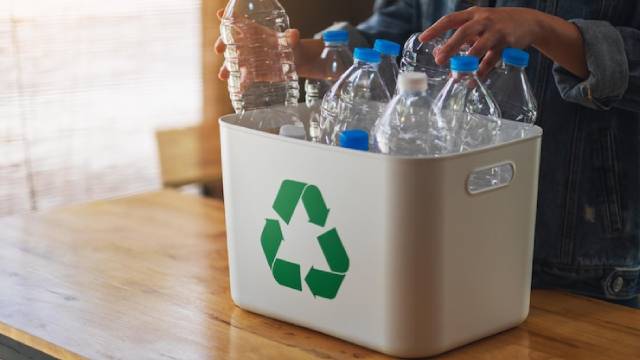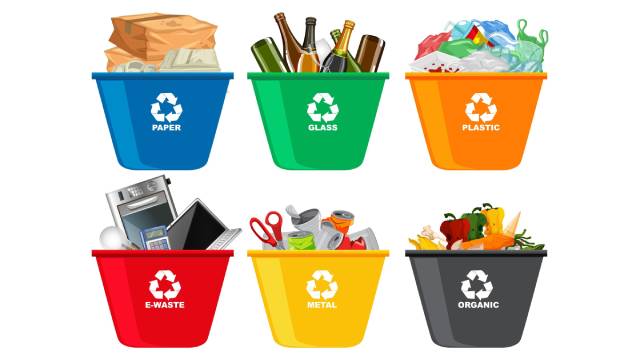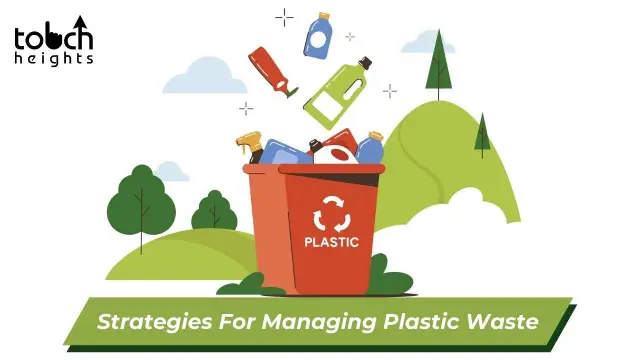A significant problem that is drawing all environmental concerns is the sustainable handling of plastic garbage. The most crucial challenge in protecting the environment is the appropriate and efficient handling of the enormous amount of rubbish produced worldwide.
Because of its exceptional qualities including high tensile strength, shock resistance, resistance to microbial development, opacity and visibility, chemical resistance, and lightweight, plastic is expected to become even more useful. However, because this plastic trash cannot decompose, it creates problems with waste management.
What can we do to cut down on plastic waste?
Recycle whenever you can

Recycling wherever possible benefits the environment by reducing the amount of plastic that ends up in landfills. Recycling is still more productive than throwing everything in the same trash, even though recycling systems aren’t flawless.
Although many nations have distinct recycling laws and regulations, the following three guidelines are typically applicable wherever you are:
ADVERTISEMENT- Recycle clean cardboard, paper, bottles, and cans.
- Avoid recycling any food or beverages.
- Plastic bags should not be used to store recyclables or loose plastic bags.
Steer clear of single-use plastics

One of the worst culprits when it comes to plastic pollution is single-use plastic goods. Noticing how commonplace they are in daily life is a wonderful starting step, even though you might find it tougher than you think to stay away from them.
Wet wipes, cotton buds, plastic cutlery, coffee cups, straws, sanitary products, cigarettes, and vegetables at supermarkets wrapped in plastic are a few examples of everyday items that contain single-use plastic. Fortunately, if you explore alternatives, there are several available.
Use different packaging

If you search for alternate packaging alternatives, it may make a difference if you run a small business. If you own a café or a small company on Etsy, you might want to consider using more environmentally friendly packing materials like paper and cardboard.
When it comes to food, we do occasionally require packaging that at least resembles plastic to safeguard items. Bioplastics, which can decompose more quickly than conventional plastics because they are created from renewable, bio-based components like cellulose, are a type of plastic.
Conduct a waste audit

A trash audit is examining your garbage and keeping a note of things you usually discard. This is an excellent method to gauge how much waste we produce because we frequently discard items without giving them a second thought. A garbage audit also enables us to identify alternatives for the things we discard the most frequently.
For instance, if you frequently discover coffee cups in the garbage, it may be time to invest in reusable cups. Instead, if you have a lot of crisp packets, think about getting a bigger package the next time and looking for recyclable packaging.
Conclusion:
We all use plastic regularly for items like bags, electronic and electrical equipment, culinary utensils, stationery, debit and credit cards, and so on.
Management of plastic garbage has thus grown to be a top concern and priority in the modern world. As mentioned above, there have been many advancements achieved in the recycling of plastic waste to help with this management; nevertheless, when recycling and using recycled goods, we must not damage the environment.







